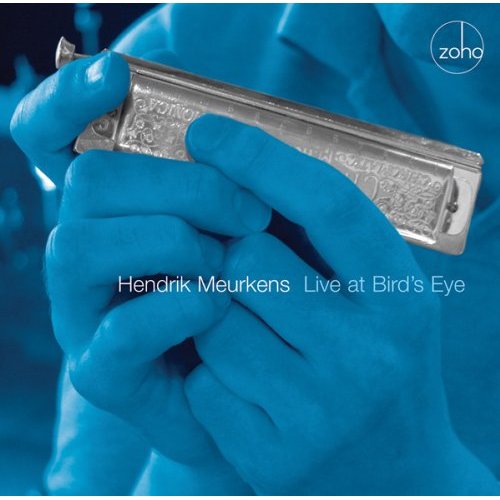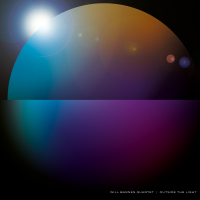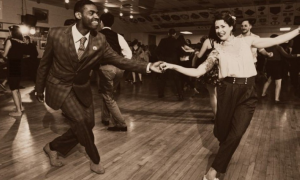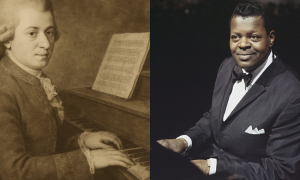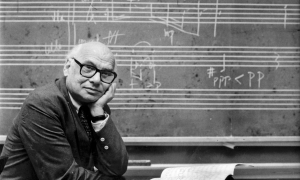Home » Jazz Articles » Opinion » Jazz, Baseball, Politics and the Beltway Blues: Our Amer...
Jazz, Baseball, Politics and the Beltway Blues: Our American Dialogue, Part II
No matter what your political persuasion, you are within a stone's throw of an enthusiastic supporter of the opposite hue. Standing next to each other, your shared aura is a lovely shade of purple.
You can't beat real life.
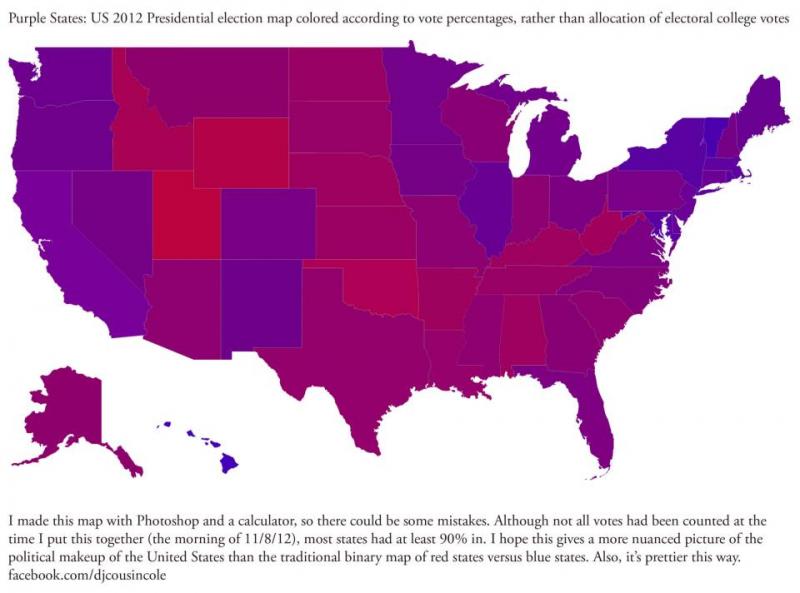
Which jazz musicians seem to have known from the start. Jazz music is a world view. Your value to the rest of humanity doesn't lie in being the same as other people, doing the same activities and having the same things as everyone else, but in being who you are, and having something of your own to contribute. Blending in and doing it the way everyone else does it is easy virtue. Keeping what you can do to yourself, not sharing it, is the sin. A jazz musician's unique qualities are his or her calling card, especially the personally developed technical skills, that combination of a classical musician's chops and a blues musician's sense of swing that takes the ordinary and makes it jump to life.
Much of what makes you different is what makes you valuable in jazz. Chick Corea's story of his first gig with Miles Davis illustrates why. Herbie Hancock was Miles' pianist at the time, but was unexpectedly waylaid in South America with a case of food poisoning. When Tony Williams suggested Chick as a replacement, Miles had him fly in just before the show. When they met in the hotel lobby, Chick asked the usual questions about which tunes, what changes, if there would be a rehearsal, etc., to which Miles said to just show up for the first set and "play what you hear."
Corea was understandably nervous. He was a promising young pianist/composer in 1968, ambitious and totally aware of what a successful performance with the most celebrated jazz musician/bandleader in the world could mean for his career. When the band—The Quintet described earlier with Williams, Carter and Shorter—took off on the first tune, the time and changes were flying incomprehensibly fast, so he did what Miles had instructed and just played what he heard. At the break, rattled and anxious, he went to the bar and was sipping a drink, trying to calm down. Miles came up behind him and when Chick turned, offered him a great jazzer's compliment: "Chick, you are a motherfucker!"
Kleroterias
Life—political life in particular—really could imitate jazz to great benefit. Mixing it up live, raw and unrehearsed, similar to the selection process Miles used to audition Corea (who he subsequently employed full time for the next two years) just might be the solution.
For the sake of the congressional elections in 2014, and for the next presidential election in 2016, we American improvisers might consider experimenting with the approach suggested by Seattle-area novelist (and baseball fan) Bruce Fergusson in his intriguing blog article entitled "Kleroterias."
The general idea is to institute the Greek—specifically Athenian—system of election by lottery. Don't laugh. Okay, fine, laugh ... but read the essay (it's a short, 5-minute read, unlike this one). Fergusson's piece was written just prior to the presidential election. It contains a degree of partisan bias with an endorsement (now moot, of course), but ironically, if you read what he says closely, you'll see it is germane to his commentary.
Added to Fergusson's suggestion of establishing a presidential lottery, I would include a few other items in a Campaign Reform Act of 2013, in the interests of informing the voting citizenry and keeping the Fourth Estate honest:
1. Let the television networks broadcast all the congressional debates or other get-to-know-you pieces they want, with a few very strictly enforced rules. a) The debates, etc. are broadcast unedited, without interruption, and later made indefinitely available gratis from any participating media outlets. b) Each participant chooses one moderator apiece; the network selects a professional referee from a local sports franchise who enforces one rule: no candidate can be interrupted by another candidate, or by a moderator. Penalties for rule violation to be determined by referee. c) As a result of b), no arbitrary topic restrictions or time limitations will occur or be allowed. 2. No commercial or registered non-profit news organization, network, newspaper, magazine or other media outlet may endorse a political candidate or party. Violating entities to be given a fine of $10 million for the first transgression (which is then raffled, one ticket per taxpayer ID number), a 2-year suspension of all applicable licenses for a second, indefinite termination of all licenses for a third. 3. Any entity in 1. which sells or freely gives away any kind of advertising space or airtime to one party, must necessarily grant it in equal kind to the other(s) unless removed from contention by their respective parties.
Additionally, I would encourage Major League Baseball to grant free admission to all MLB and minor-league games for anyone who can provide a picture ID indicating membership in the U.S. Senate or U.S. House of Representatives, or the U.S. Supreme Court, as well as the President, his cabinet and White House staff.
Finally, I would encourage any jazz musicians with recordings still in print to donate as many promo CD copies or mp3 downloads as possible to a newly forming organization called the United States Leadership Encouragement Fund, whose job will be to get them into the hands of all those grim-faced people occupying the stone buildings inside the Beltway. Columbia Records could get things rolling with copies of Miles Davis' Kind of Blue (the top-selling jazz recording of all time) and so could RCA, with donated copies of Glenn Miller's Greatest Hits (his "Chattanooga Choo Choo" was awarded the first-ever gold record in 1942) to everybody on Capitol Hill.
Let the party begin!
And may the best party win.
Photo Credits
Page 1, Rob Carr/Getty Images
Page 2, Lorraine Feather
Page 3, Ronald Martinez / Getty Images North America
Page 6, Courtesy espn.go.com
Page 7, TBS screenshot courtesy of baltimoresun.com
Tags
PREVIOUS / NEXT
Support All About Jazz
 All About Jazz has been a pillar of jazz since 1995, championing it as an art form and, more importantly, supporting the musicians who make it. Our enduring commitment has made "AAJ" one of the most culturally important websites of its kind, read by hundreds of thousands of fans, musicians and industry figures every month.
All About Jazz has been a pillar of jazz since 1995, championing it as an art form and, more importantly, supporting the musicians who make it. Our enduring commitment has made "AAJ" one of the most culturally important websites of its kind, read by hundreds of thousands of fans, musicians and industry figures every month.


